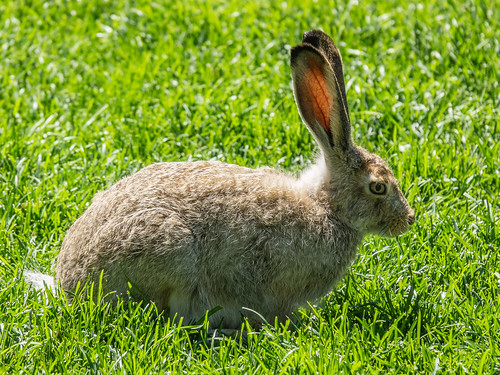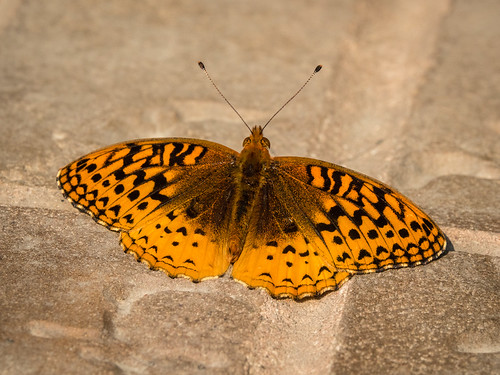Tuesday, 25 July 2017
EcoSask News, July 25, 2017
Upcoming Events
How are Campuses Harnessing Renewable Energy?, July 26 (webinar)
According to a new report from the University of New Hampshire, campuses are becoming more energy-efficient, but their progress is insufficient to meet climate action goals. A free webinar, from 3-4 pm, July 26, will discuss strategies to get higher education on track to tackle climate change.
T. Rex Summer Gala, July 29 (Eastend)
Out-smart T.rex Discovery Centre’s paleontologists and scientists at the T. Rex Summer Gala fundraiser on July 29 in Eastend.
Insects: Friend or Foe, Aug. 8 (Saskatoon)
The Saskatoon Food Bank and Learning Centre is hosting two workshops on insects: friend or foe on Aug. 8 at the Garden Patch – for kids from 12-2 pm and for everyone from 3-5 pm.
Looking Ahead
Nature Grandparenting, Sept. 5-Oct. 10 (Saskatoon)
Wildernook Fresh Air Learning will be running a Nature Grandparenting program on Tuesday mornings from Sept. 5 to Oct. 10.
Introduction to Passive House High Performance Buildings, Sept. 30 (Saskatoon)
Introduction to Passive House High Performance Buildings, providing an overview of the core principles of Passive House design and building energy efficiency regulations in Canada, is being offered in Saskatoon on Sept. 30.
A full list of upcoming events can be found on the EcoFriendly Sask Calendar
Help Wanted
Library of Things #yxe is looking for building supplies and builders to help set up a lending library.
In the News
All about crows - Cheetos, sunbathing, and funerals
"our destructive human era could be followed by an explosion of diversity – just as previous ages of extinction gave birth to new opportunities in the aftermath" [book review: Inheritors of the Earth: How Nature is Thriving in an Age of Extinction]
A new version of the California Academy of Sciences’ iNaturalist app uses artificial intelligence to offer immediate identifications for photos of any kind of wildlife
“A forward-looking approach to conservation could also involve finding ways for non-consumptive pastimes to fund state wildlife agencies, perhaps through a tax on camping gear, much in the way that taxes on hunting supplies now do. At present wildlife agencies ‘depend almost completely upon hunters and fishermen to fund their programs,’ says Elbroch. ‘This is not only short-sighted. It’s poor economics.”
UK households are applying more sustainable practices to their wardrobe, and it’s helping the environment
EcoSask News is a weekly round-up of local news and events. Email us if you have items you would like us to include.
You can follow EcoFriendly Sask by liking us on Facebook, following us on Twitter, or by email (top right corner).
Labels:
Birds,
Children,
Conservation,
Fashion,
Gardens,
Insects,
Museums,
Passive House,
Renewable Energy,
Sharing Economy,
Technology

